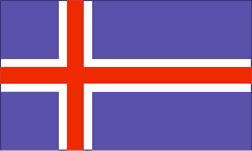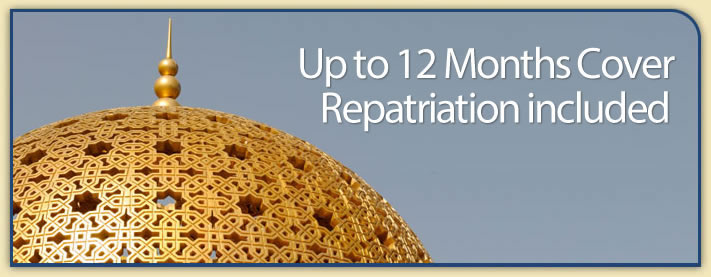Country Guide • Iceland

Iceland is an island located between the Atlantic and Arctic Oceans, and is also the most westerly country of Europe. It is bound by the Greenland Sea to the north, the Norwegian Sea to the east, the Strait of Denmark to the north west and the Atlantic Ocean to the south west and just touches the Arctic Circle. It is one of the most volcanic regions in the world. Almost 80% of the land area consists of glacial lakes or mountainous lava deserts and there are a number of active volcanoes and geysers or hot springs.
| Official Name | Republic of Iceland |
|---|---|
| Area | 103,000km² (39,769mile²) |
| Population | 280,500 |
| Continent | Europe |
| Population per mile² | 7 |
| Capital City | Reykjavík |
| Religions | 87% Evangelical Lutheran, 3% other Protestant denominations, 1% Roman Catholic |
| Language | Icelandic |
| Government | Constitutional Republic |
| Member of EU | No |
| Currency | Icelandic KrÓna |
| GDP | $7 billion |
| GDP per Head | $25,000 |
| Natural Resources | Fish, hydropower, geothermal power and diatomite |
| Land Use | Arable Land 1% |
| Agriculture | Potatoes, turnips, cattle, sheep and fish |
| Industry | Fish processing, aluminium smelting and geothermal power |
| Tourism | Visitors to Iceland go to see its natural features, which include glaciers, hot springs, geysers, active volcanoes, portentous peaks and vast lava deserts. Apart from an expansive landscape, it also has a rich history, literature and interesting old-fashioned wooden architecture |
| Natural Hazards | Earthquakes and volcanic activity |
| Health Risks | Hypothermia if venturing inland |
| Climate | Iceland has a cold temperate climate. It has a changeable climate that is relatively mild but extremely windy while summers are damp, cool and cloudy with brief spells of fine weather. The wet season is from October to January with an average monthly rainfall in October reaching 37 inches. Average temperature ranges in Reykjavik are from -2 to 2°C in January to 9 to 14°C in July |
| Time | GMT/UTC hours - No UTC/GMT offset |
| National Days | June 17 |
| Visas | British citizens must hold a valid passport but do not require visas to visit Iceland. Iceland is a member country of the EEA, which entitles British citizens to work or reside in Iceland. Most other foreign national do not require a visa either |
| British Embassy | Embassy Details |
Information Only
The content above is for information purposes only and we have tried to ensure that the information is as accurate as possible. We cannot accept any responsibility for any inconvenience, loss or injury as a result of the information above. You should always check and verify any critical information like visas, health and safety and customs with the relevant authorities before you travel since information can change at any time.



